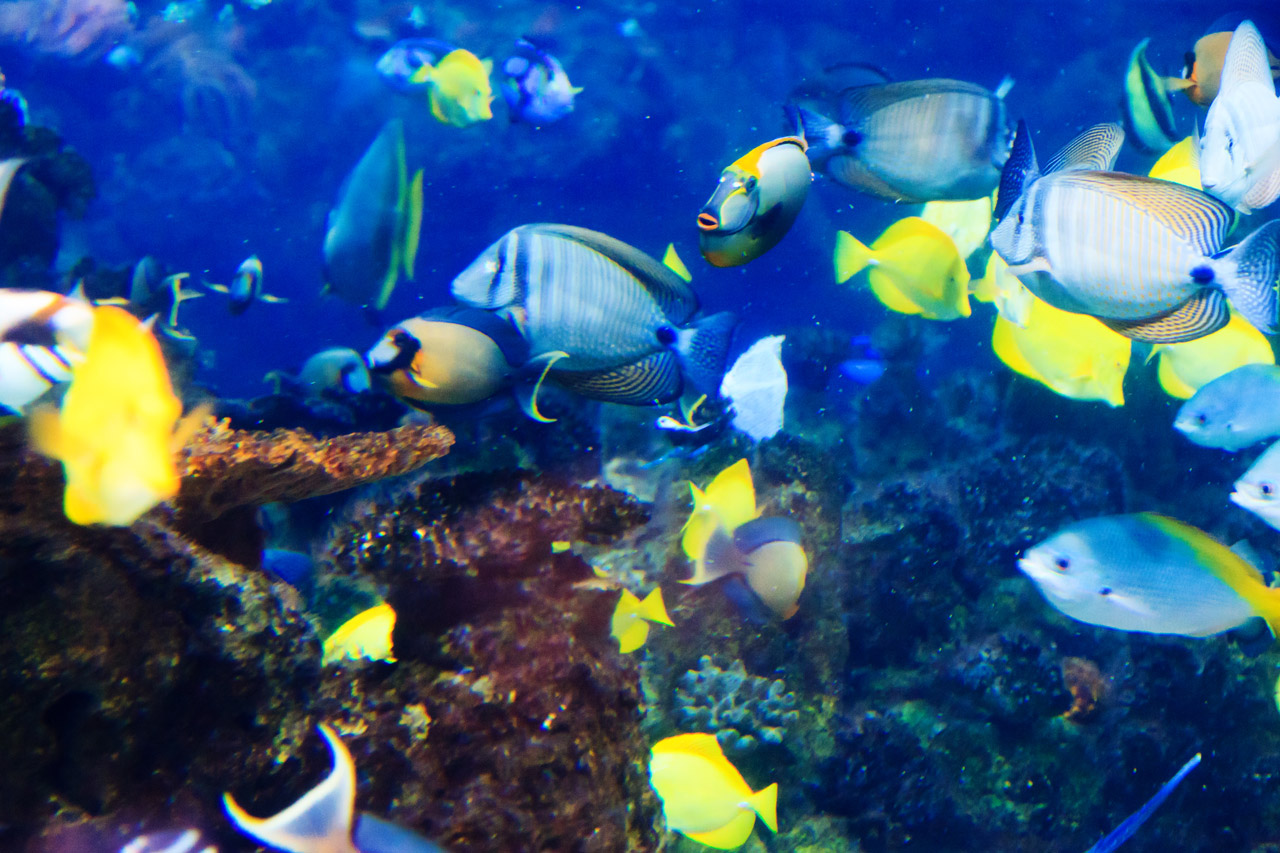The issues currently facing our environment are manifold. From massive pollution to global warming, there are a plethora of problems that need to be fixed before mankind can breathe easily again. Unfortunately, the time for merely acknowledging these issues has long since passed. In our current state, we need swift action across the spectrum in order to avoid a total environmental disaster. Take the oceans, for example. Long used as dumping grounds for unscrupulous companies, and lacking even a minimal protection against the negative consequences of human activity, oceans harbor approximately 97% of all the water found on Earth. It’s plain to see that their safety is paramount to our survival on this planet, and that starts with knowing what some of the main issues currently affecting them are:
Climate change
Far and away the greatest environmental challenge facing humanity, climate change affects our waters in a multitude of ways. To give just two examples, coral bleaching appears as a result of warmer waters and can lead to the death of corals, an essential link in maintaining healthy underwater life. Meanwhile, changing species distribution means that some creatures will reproduce indiscriminately, which can then wreak havoc on an already delicate ecosystem. For instance, the recent outbreaks of the Crown of Thorns Starfish are threatening to wipe out vast portions of the Great Barrier Reef, the world’s single largest structure made by living organisms.
Pollution
What can be said about pollution that hasn’t been stated a million times before? Despite their size, oceans have finally reached the point where throwing untreated sewage, garbage and various industrial chemicals at them are starting to have a noticeable effect. Aside from causing harm to underwater life, these pollutants often make their way back to shore, thus negatively impacting humans as well. Many beaches have become practically unusable as a result of years of negligence and carelessness.
Overdevelopment
Still, there’s no denying the allure of spending time at the ocean. As more people get the traveling bug, beaches will have to accommodate an extra number of tourists, despite the fact that intense human presence takes quite a heavy toll on marine life. What’s more, coastlines have now become prized real estate markets, with people from all over the world competing for the right to place their homes on the beach.
Mining and transportation
The world’s oceans aren’t just used for fun nowadays. Instead, they’re often being mined for their precious reserves of oil, gas and minerals, many of which lie deep beneath the ocean floor. Prospecting and drilling for these materials is often a risky endeavor, with potential calamities being a distinct possibility. What’s more, transporting sensitive goods over the ocean is also fraught with peril, since one simple spill can have a huge effect on underwater habitats. One need not look further than the Gulf of Mexico oil disaster of 2010 to see how far-reaching such accidents can truly be.
Inadequate protection
Unfortunately, one of the main legal pathways through which oceans can gain a measure of protection from harm is far from being fully exploited. As of today, a mere 3.4% of all oceans are officially protected under the guise of marine parks and national reserves. While the difficulties of enacting such laws are indeed considerable, the future of ocean life is under fire unless more and better-managed Marine Protected Areas are founded within the next several decades.
As you can see, there is a lot at stake when it comes to ensuring the safety of our oceans. All is not lost yet, but there is a clear need for more involvement on behalf of the people who are directly interested in preventing further damage from happening. You too can do your part by reducing your carbon footprint whenever possible and by taking proactive measures that can help save the oceans. A great example is the Citizen Scientist initiative, which allows you to take pictures of the Crown of Thorns Starfish, thereby refining the ability of scientists to detect and take out this troublesome threat.
All in all, fixing our oceans is no easy feat. The damage we’ve done so far is considerable, and the odds of reversing it quite slim. Still, no matter where you live and what you do, a little bit of involvement can go a long way towards keeping our oceans safe for future generations.

